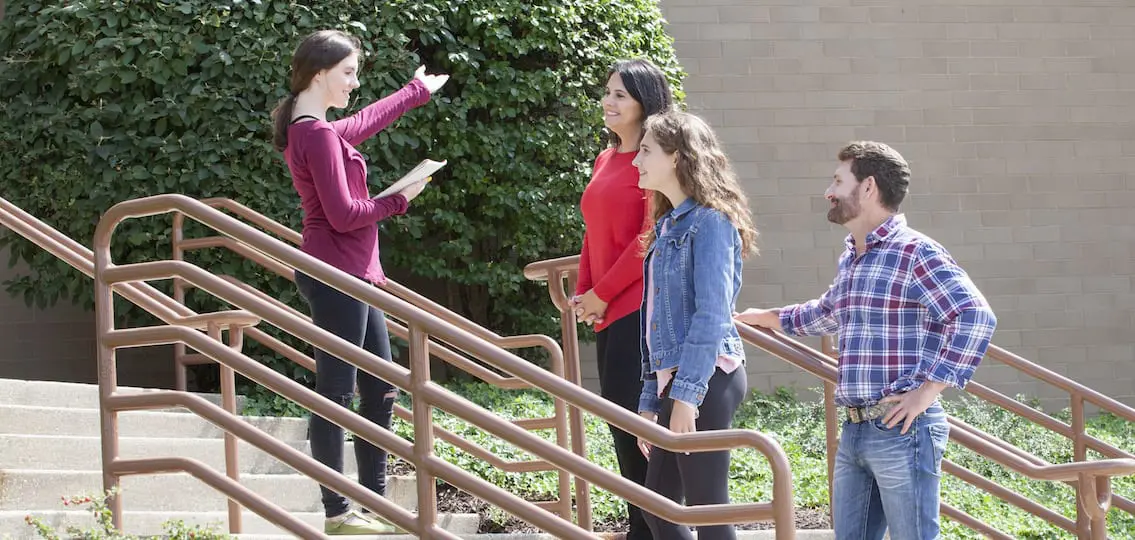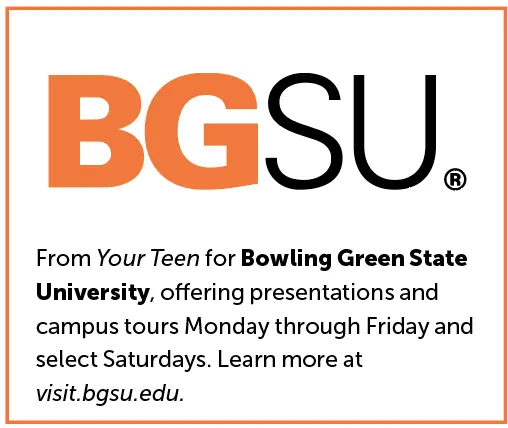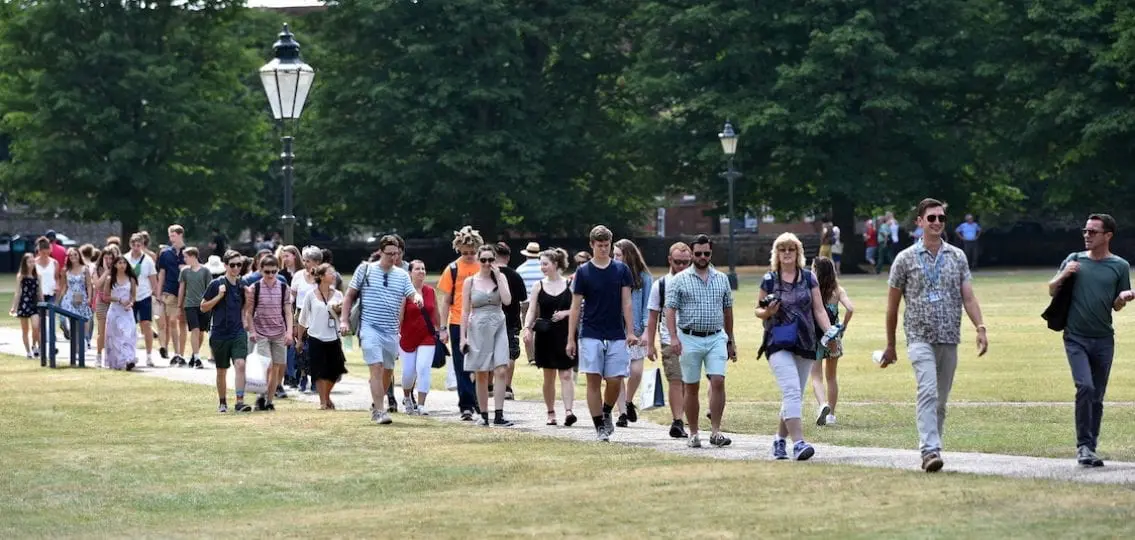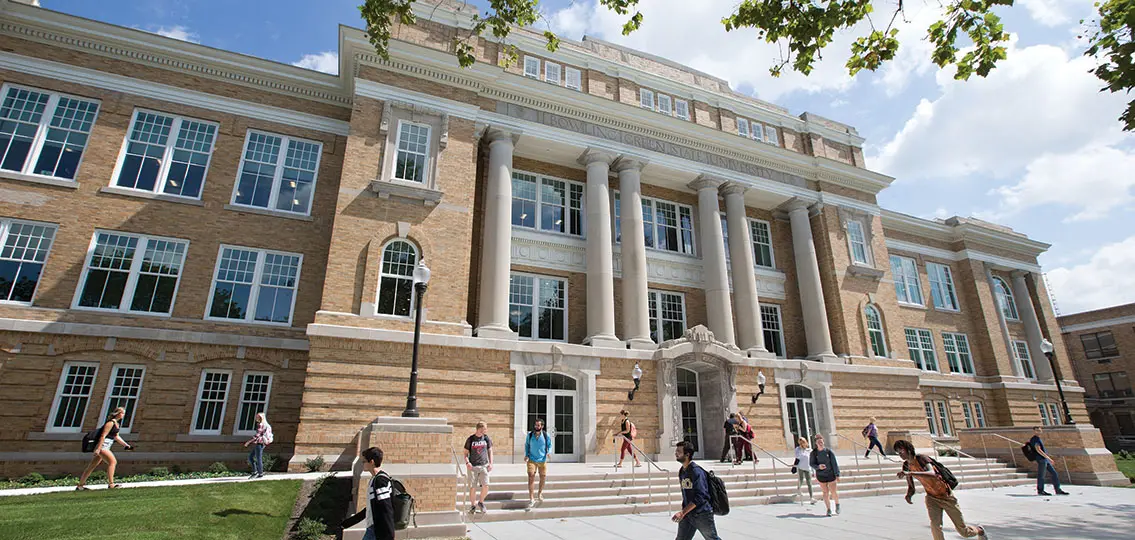College is a home away from home for teens—academically, socially, and for those who live on campus, physically. So, when it comes to the selection process, an on-site tour can be one of the most important factors in deciding where to go.
You can get a lot of information about a school online, but an in-person visit is the best way to get a feel for a school’s culture or vibe.

Why Are College Visits Important?
“It’s never too early to start thinking about visiting colleges,” says Brittany Scott, coordinator of campus visits at Bowling Green State University in Ohio. Scott advises scheduling tours junior year, with follow-up visits to top choices senior year, if financially feasible. “The goal is to get a good feel for the university, ask questions, and find the right fit.”
Whether or not your teen will be a first-generation college attendee, there’s a lot to learn. “Parents may be 20 years removed from their college experience, and a lot has changed,” says Kate Schwab, senior director of advising programs at College Now, a college access organization. [adrotate banner=”31″]
How Should You Prepare Before the Tour?
Part of the learning curve involves understanding what to expect from the college application process. Schwab recommends attending the orientation session provided by your high school guidance office before taking a college tour to get an understanding of the differences between private and public schools, types of degrees offered, need-based and merit-based aid, and more.
How Many Schools Should You Visit?
Parent Cathy Nicholson has been through the college visit process twice: her son is a sophomore at Oklahoma State University and her daughter is a senior in high school. Her experience with each child was different. “My daughter wanted to visit 10 schools; my son would have been fine with one,” she says. “You have to adapt your expectations as a parent to the personality of your child.”
Nicholson encouraged her son to look at two additional schools, including one in his home state.
Schwab suggests three visits as a starting point. Try to see schools of different sizes, and maybe one that is urban and one that is rural. Students may not know what they prefer until they see it in person.
What Questions Should You Ask?
Scott recommends having a set of questions that you ask at every school. Be sure to ask about the basics: residential life, dining services, and campus culture—but don’t stop there. Some of the questions she recommends asking your tour guide include:
- What do you like most about your school?
- What organizations are popular on campus?
- What is the experience like for first-year students?
- What is your favorite class?
- What are some of the work/study opportunities?
- What job placement services are available after graduation?
- What safety measures are on campus?
- Can students have a car on campus?
How Do You Arrange a College Visit?
Nicholson encouraged both of her children to do the legwork when scheduling college tours. “College is a big responsibility, and it’s important to let the student do as much as possible.”

Scott suggests finalizing the following logistics before the actual visit:
- Read through the agenda so you know what to expect
- Print out the agenda or have it on your phone
- Know where to park and whether you will need a parking pass
- Arrive about 20 minutes prior to your first session

“I also highly recommend that families explore the city or community off campus,” she says. “Drive or walk into town. Make sure it’s someplace that you feel comfortable. Often, when we ask people why they chose BGSU, the answers have a common theme: They felt like they belonged. That’s the feeling you want with the school you choose.”




